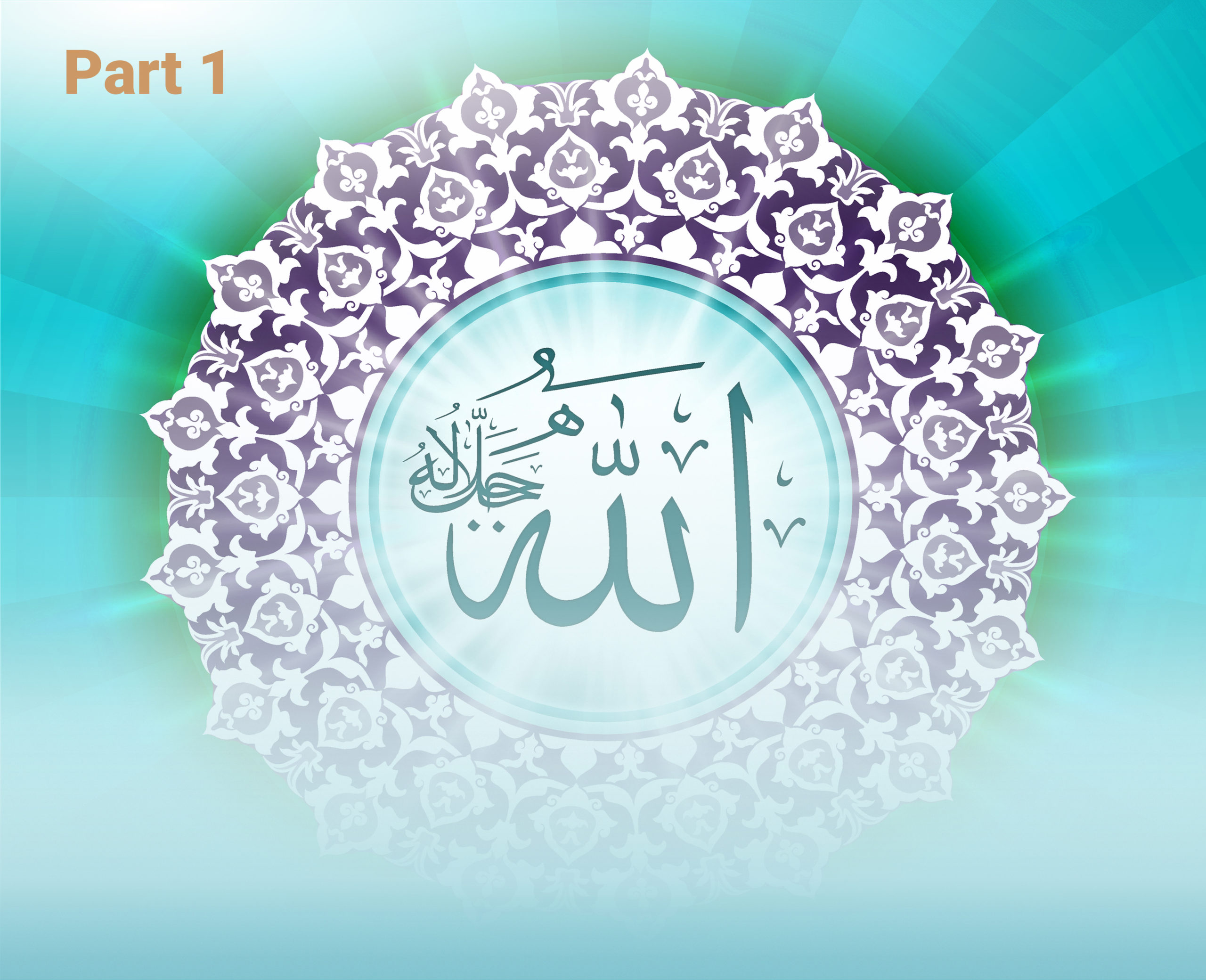Part 1 – The Glorious Names & Attributes of God – Introduction
This Blog Series explores the Glorious Names & Attributes of God, according to Said Nursi, and is based on my Master’s Degree in Islamic Studies research, at ISRA’s Centre for Islamic Studies & Civilisation, Charles Sturt University.
In this blog, we introduce Said Nursi’s key approach that underpinned his innovative writing on this topic, which was founded on proving the existence of the Oneness (Wahdaniyah) and Unity (Ahadiyyah) of God in Islam (Tawhid), by connecting God’s names and attributes to the diversity of existence, using interconnected arguments (intellectual, theological and ontological).
Embedded in Said Nursi’s approach is reliance on the Quran as his guide and what Nursi called the signs or great book of creation: mankind, nature (science), the cosmos and the universe. He illustrates how they all ultimately point to God’s Oneness and Unity (in their functions, actions and higher indicative meanings).
To this end, Nursi’s epistemological approach held that the Divine names and attributes are essentially theological ways to understand and interpret the relationship between God and creation.
Who was Said Nursi?
Considered one of the most important Islamic thinkers in the modern world, Said Nursi (Abu Rabi, 2010) was a Kurdish, Sunni Muslim theologian and scholar. Nursi had a traditional education, studied various sciences, particularly maths and natural sciences, later becoming a professor in a graduate seminary and scholar in the highest religious institution in the Ottoman Empire: Darul Hikmet-il Islamiye (Turner, 2008, p.95), competent in the principles of kalam (Islamic theology) and the methods of the theologians (mutakallimun).
His writing on the names and attributes of God is found in his literary masterpiece of over 14 volumes, The Risale-i Nur (‘The Message of Light’), a commentary (Islamic exegesis) on the Quran, which he wrote from 1910-1950’s in Turkey, as a response to the spread of Western philosophy and anti-Islamic propaganda.
As a religious teacher, guide and preacher, his mission in life was to connect and strengthen humanity’s intellect and heart towards understanding, preserving and strengthening their faith and belief (particularly tawhid) (Isra, 2011). Or as Markham and Sayilgan (2017, p.69) puts it, his mission was to help others “unlock the treasuries of the Divine Names in the universe, to witness the oneness of God and connect to him in surrender and love”.
Embedded in his mission was to transform Muslims into believers whose faith was based on certainty and conviction through knowledge, not imitation. For Nursi, faith should be a reflective activity constantly requiring contemplation of which his writings are saturated with opportunities to do just that (Isra, 2011).
Said Nursi’s mission was to help others ‘unlock the treasuries of the Divine Names in the universe, to witness the oneness of God and connect to him in surrender and love’.

